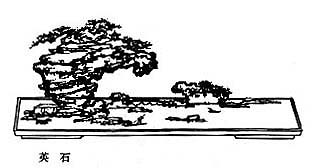論
語
Lun Yu 
 – Les Entretiens de Confucius
– Les Entretiens de Confucius
Le Maître échange propos, anecdotes, brèves paraboles et maximes avec ses disciples. Tr. Couvreur (fr), Legge (en) et Lau (en).
Lunyu II. 11. (27)
Le Maître dit : « Celui qui repasse dans son esprit ce qu'il sait déjà, et par ce moyen acquiert de nouvelles connaissances1, pourra bientôt enseigner les autres. »
Couvreur II.11.
To be able to teach others one must from his old stores be continually developing things new.
The Master said, "If a man keeps cherishing his old knowledge, so as continually to be acquiring new, he may be a teacher of others."
Legge II.11.
The Master said, 'A man is worthy of being a teacher who gets to know what is new by keeping fresh in his mind what he is already familiar with.'
Lau [2:11]
Master Kong said to me, "If you would like to see the future or what is new, you should study the past or what is old. If you could study the past and see the future, you could become a Master."

Les Entretiens de Confucius – Lun Yu II. 11. (27) – Chinois on/off – Français/English
Alias the Lunyu, the Lun Yü, the Analects, les Entretiens du maître avec ses disciples.
Le Canon des Poèmes, Les Entretiens, La Grande Étude, Le Juste Milieu, Les Trois Caractères, Le Livre des Mutations, De la Voie et la Vertu, 300 poèmes Tang, L'Art de la guerre, Trente-six stratagèmes
Bienvenue, aide, notes, introduction, table.
Index – Contact – Haut de page























